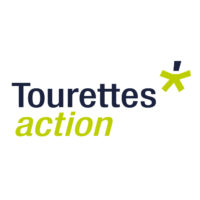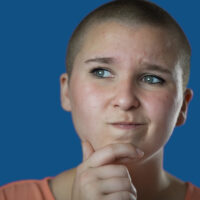Tic disorders
-

Challenging perspectives on Gilles de la Tourette Syndrome – evidence for a disorder of purposeful actions
Gilles de la Tourette Syndrome (GTS) is a multi-faceted neuropsychiatric developmental disorder with onset in childhood or adolescence. It is characterised by multiple motor and vocal tics that can cause considerable problems including social stigmatisation, low self-esteem and secondary comorbidity, particularly depression.
Read more -

Tourette Syndrome edition
Welcome to the February 2019 edition of The Bridge. The focus of this edition is Tourette Syndrome, a condition, which has much stigma attached, stereotyped views by society about what it means and a lack of national clinical guidance.
Read more -

In Conversation… Tourettes Syndrome
In this podcast, Dr Seonaid Anderson and Helen Eadie, of Tourettes Action, define Tourettes Syndrome and expand on its impact.
Read more -

Understanding and working with Tourette Syndrome
In order to view this content, you need to be an ACAMH member. Membership starts from just 11p a day. We hope you consider joining and being part of the advancement of child and adolescent mental health.Read moreCurrent members will need to be registered as a website user and log in, our guide to this simple process can be accessed here.
-

What are the barriers to mindfulness for Tourette’s?
We know that mindfulness and meditation can be of great benefit to people but it is a challenge for those with movement disorders such as Tourette Syndrome.
Read more -

Tourette Syndrome
Tourette Syndrome (TS) is a neurological condition that is estimated to effect over 300,000 children and adults in the UK; and one school child in every hundred.
Read more -

Teaching about Tics
A psychoeducational intervention, in the form of a classroom presentation, can enhance the knowledge and attitudes of peers towards their classmates with Tourette syndrome (TS), according to research by Claire Nussey and colleagues.
Read more